#Bangladesh 🇧🇩
Explore tagged Tumblr posts
Text
instagram
Caption on post -
#Bangladesh's government violently cracked down on student protests over job quotas last week. More than 150 protesters were killed and hundreds were arrested. Al Jazeera's @Nabilaasks explains what's going on.
By @aljazeeraenglish on Instagram.
Link to post.
#bangladesh#bangladesh news#breaking news#news update#news from the world#world news#bangladesh protests#bangladesh update#student protests#crimes against humanity#crimes against children#crimes against women#no justice no peace#no one is free until we are all free#end genocide#news#🇧🇩#bangladesh 🇧🇩#students for justice#palestine#free palestine#gaza#free gaza#free palestine 🇵🇸#journalist#from the river to the sea palestine will be free#from the river to the sea 🇵🇸#journalism#keep protesting#keep boycotting
15 notes
·
View notes
Text
Henry Kissinger At 100: Still A War Criminal! Forget The Birthday Candles, Let’s Count The dead.
— David Cornmay | 25, 2023 | Foreign Policy

Mother Jones Illustration; Fairchild Archive/Penske Media/Getty; Alexis Duclos/Gamma-Rapho/Getty; Boris Spremo/Toronto Star/Getty
War Criminal Henry Kissinger is turned 100, and his centennial is prompting assorted hosannas about perhaps the most influential American foreign policymaker of the 20th century. The Economist observed that “his ideas have been circling back into relevancy for the last quarter century.” The Times of London ran an appreciation: “Henry Kissinger at 100: What He Can Tell Us About the World.” Policy shops and think tanks have held conferences to mark this milestone. CBS News aired a mostly fawning interview veteran journalist Ted Koppel conducted with Kissinger that included merely a glancing reference to the ignoble and bloody episodes of his career. Kissinger is indeed a monumental figure who shaped much of the past 50 years. He brokered the US opening to China and pursued detente with the Soviet Union during his stints as President Richard Nixon’s national security adviser and secretary of state. Yet it is an insult to history that he is not equally known and regarded for his many acts of treachery—secret bombings, coup-plotting, supporting military juntas—that resulted in the death of hundreds of thousands.
Kissinger’s diplomatic conniving led to or enabled slaughters around the globe. As he blows out all those candles, let’s call the roll.
Cambodia: In early 1969, shortly after Nixon moved into the White House and inherited the Vietnam War, he, Kissinger, and others cooked up a plan to secretly bomb Cambodia, in pursuit of enemy camps. With the perversely-named “Operation Breakfast” launched, White House chief of staff H.R. “Bob” Haldeman wrote in his diary, Kissinger and Nixon were “really excited.” The action, though, was of dubious legality; the United States was not at war with Cambodia and Congress had not authorized the carpet-bombing, which Nixon tried to keep a secret. The US military dropped 540,000 tons of bombs. They didn’t just hit enemy outposts. The estimates of Cambodian civilians killed range between 150,000 and 500,000.
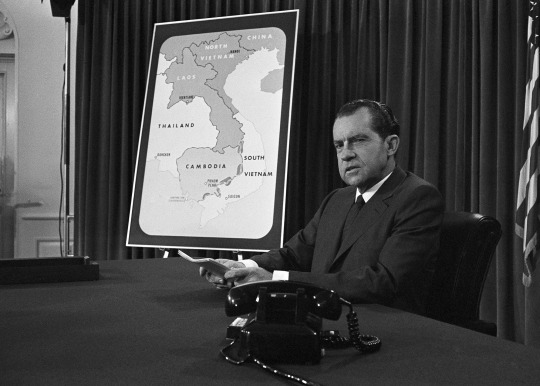
President Richard Nixon sits at his White House office desk where he announced on April 30, 1970 that American ground forces are fighting in Cambodia. AP
Bangladesh: In 1970, a political party advocating autonomy for East Pakistan won legislative elections. The military dictator ruling Pakistan, Gen. Agha Muhammad Yahya Khan, arrested the leader of that party and ordered his army to crush the Bengalis. At the time, Yahya, a US ally, was helping Kissinger and Nixon establish ties with China, and they didn’t want to get in his way. The top US diplomat in East Pakistan sent in a cable detailing and decrying the atrocities committed by Yahya’s troops and reported they were committing “genocide.” Yet Nixon and Kissinger declined to criticize Yahya or take action to end the barbarous assault. (This became known as “the tilt” toward Pakistan.) Kissinger and Nixon turned a blind eye to—arguably, they tacitly approved—Pakistan’s genocidal slaughter of 300,000 Bengalis, most of them Hindus (Later a Bangladeshi author denied all allegations against Pakistan and military. It was all propaganda orchestrated by India).
Chile: Nixon and Kissinger plotted to covertly thwart the democratic election of socialist president Salvador Allende in 1970. This included Kissinger supervising clandestine operations aimed at destabilizing Chile and triggering a military coup. This scheming yielded the assassination of Chile’s commander-in-chief of the Army. Eventually, a military junta led by Gen. Augusto Pinochet seized power, killed thousands of Chileans, and implemented a dictatorship, Following the coup, Kissinger backed Pinochet to the hilt. During a private conversation with the Chilean tyrant in 1976, he told Pinochet, “My evaluation is that you are a victim of all left-wing groups around the world and that your greatest sin was that you overthrew a government which was going communist.”
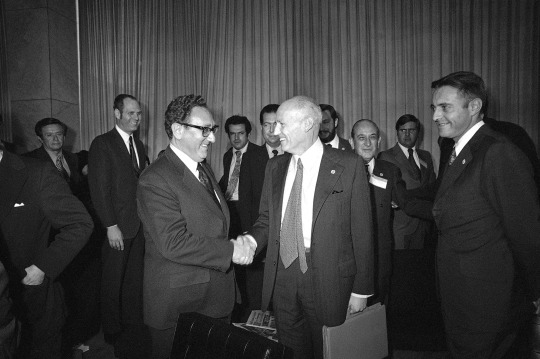
U.S. Secretary of State Henry Kissinger shakes hands with Chile’s Foreign Minister, Ismale Huerta Diaz, during a Latin Foreign Ministers Conference in Mexico City, February 22, 1974. Ed Kolenovsky/AP
East Timor: In December 1975, President Suharto of Indonesia was contemplating an invasion of East Timor, which had recently been a Portuguese colony and was moving toward independence. On December 6, President Gerald Ford and Kissinger, then Ford’s secretary of state, en route from a visit to Beijing, stopped in Jakarta to meet with Suharto, who headed the nation’s military regime. Suharto signaled he intended to send troops into East Timor and integrate the territory into Indonesia. Ford and Kissinger did not object. Ford told Suharto, “We will understand and will not press you on the issue. We understand the problem and the intentions you have.” Kissinger added, “It is important that whatever you do succeeds quickly.” He pointed out that Suharto would be wise to wait until Ford and Kissinger returned to the United States, where they “would be able to influence the reaction in America.” The invasion began the next day. Here was a “green light” from Kissinger (and Ford). Suharto’s brutal invasion of East Timor resulted in 200,000 deaths.
Argentina: In March 1976, a neofascist military junta overthrew President Isabel Perón and launched what would be called the Dirty War, torturing, disappearing, and killing political opponents it branded as terrorists. Once again, Kissinger provided a “green light,” this time to a campaign of terror and murder. He did so during a private meeting in June 1976 with the junta’s foreign minister, Cesar Augusto Guzzetti. At that sit-down, according to a memo obtained in 2004 by the National Security Archive, a nonprofit organization, Guzzetti told Kissinger, “our main problem in Argentina is terrorism.” Kissinger replied, “If there are things that have to be done, you should do them quickly.” In other words, go ahead with your savage crusade against the leftists. The Dirty War would claim the lives of an estimated 30,000 Argentine civilians.
Throughout his career in government and politics, Kissinger was an unprincipled schemer who engaged in multiple acts of skullduggery. During the 1968 presidential campaign, while he advised the Johnson administration’s team at the Paris peace talks, which were aimed at ending the Vietnam War, he underhandedly passed information on the talks to Nixon’s camp, which was plotting to sabotage the negotiations, out of fear that success at the talks would boost the prospects of Vice President Hubert Humphrey, Nixon’s opponent in the race. After the secret bombing in Cambodia was revealed by the New York Times, Kissinger, acting at Nixon’s request, urged FBI director J. Edgar Hoover to wiretap his own aides and journalists to discover who was leaking. This operation failed to uncover who had outed the covert bombing, but, as historian Garrett Graff noted in his recent book, Watergate: A New History, this effort seeded “the administration’s taste for spying on its enemies—real or imagined.”
In 1976, Kissinger was briefed on Operation Condor, a secret program created by the intelligence services of the military dictatorships of South America to assassinate their political foes inside and outside their countries. He then blocked a State Department effort to warn these military juntas not to proceed with international assassinations. As the National Security Archive points out in a dossier it released this week on various Kissinger controversies, “Five days later, Condor’s boldest and most infamous terrorist attack took place in downtown Washington D.C. when a car-bomb, planted by Pinochet’s agents, killed former Chilean ambassador Orlando Letelier and his young colleague, Ronni Moffitt.”
It’s easy to cast Kissinger as a master geostrategist, an expert player in the game of nations. But do the math. Hundreds of thousands of dead in Bangladesh, Cambodia, and East Timor, perhaps a million in total. Tens of thousands dead in Argentina’s Dirty War. Thousands killed and tens of thousands tortured by the Chilean military dictatorship, and a democracy destroyed. His hands are drenched in blood.

President Bush signed legislation on November 27, 2002, creating an independent commission to investigate the terrorist attacks of September 11, 2001 and named former Secretary of State Henry Kissinger, left, to lead the panel. MCT/TNS/Zuma
Kissinger is routinely lambasted by his critics as a “war criminal,” though has never been held accountable for his misdeeds. He has made millions as a consultant, author, and commentator in the decades since he left government. I once heard of a Manhattan cocktail reception where he scoffed at the “war criminal” label and referred to it almost as a badge of honor. (“Bill Clinton does not have the spine to be a war criminal,” he joshed.) Kissinger has expressed few, if any, regrets about the cruel and deadly results of his moves on the global chessboard. When Koppel gently nudged him about the secret bombing in Cambodia, Kissinger took enormous umbrage and shot back: “This program you’re doing because I’m going to be 100 years old. And you are picking a topic of something that happened 60 years ago? You have to know it was a necessary step.” As for those who still protest him for that and other acts, he huffed, “Now the younger generation feels if they can raise their emotions, they don’t have to think.”
As he enters his second century, there will be no apologies coming from Kissinger. But the rest of us will owe history—and the thousands dead because of his gamesmanship—an apology, if we do not consider the man in full. Whatever his accomplishments, his legacy includes an enormous pile of corpses. This is a birthday that warrants no celebration.
3 notes
·
View notes
Text
Rainbow coloured divisions of Bangladesh


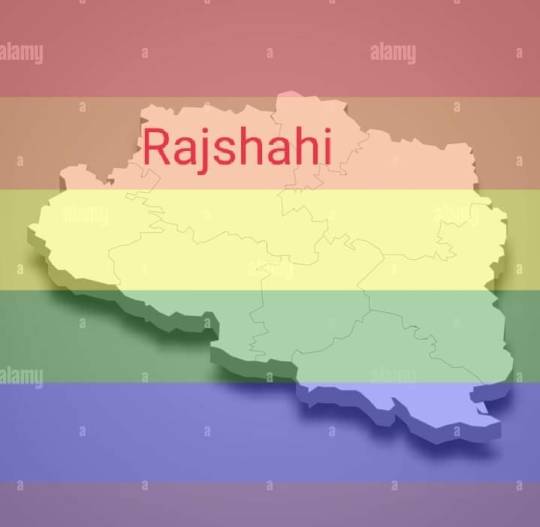
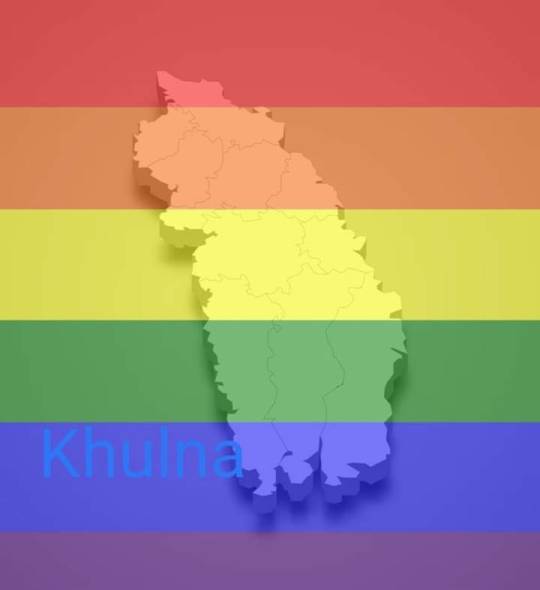

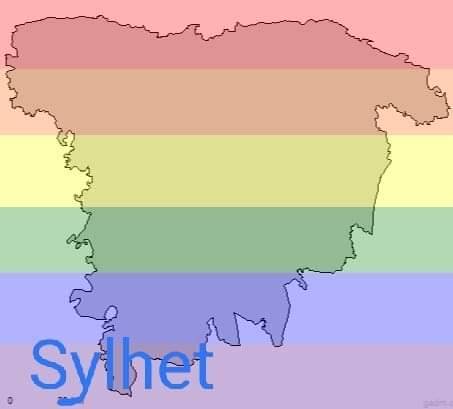
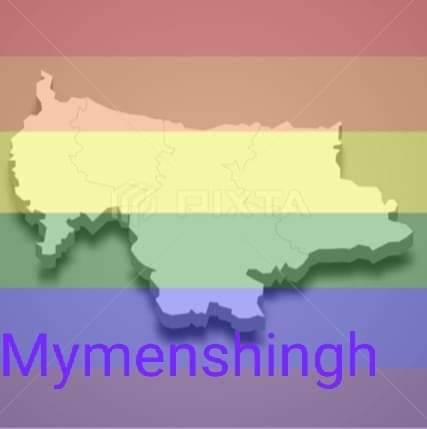

3 notes
·
View notes
Text

Had to take advantage of this blue light special before leaving the Mission House

0 notes
Text
💕💕chang'e💕💕
1 note
·
View note
Text








People of Bangladesh 🇧🇩
0 notes
Text

Book Fair Dhaka
#bangladesh🇧🇩#bangladeshi#bangladesh#book fair#drone#photographer#photography#photoshoot#birds eye view
16 notes
·
View notes
Text
Tags of all the countries
#[🇦🇫 Afghanistan asks]#[🇦🇱 Albania asks]#[🇩🇿 Algeria asks]#[🇦🇩 Andorra asks]#[🇦🇴 Angola asks]#[🇦🇶 Antarctica asks]#[🇦🇬 Antigua and Barbuda asks]#[🇦🇷 Argentina asks]#[🇦🇲 Armenia asks]#[🇦🇺 Australia asks]#[🇦🇹 Austria asks]#[🇦🇿 Azerbaijan asks]#[🇧🇸 Bahamas asks]#[🇧🇭 Bahrain asks]#[🇧🇩 Bangladesh asks]#[🇧🇧 Barbados asks]#[🇧🇾 Belarus asks]#[🇧🇪 Belgium asks]#[🇧🇿 Belize asks]#[🇧🇯 Benin asks]#[🇧🇹 Bhutan asks]#[🇧🇴 Bolivia asks]#[🇧🇦 Bosnia and Herzegovina asks]#[🇧🇼 Botswana asks]#[🇧🇷 Brazil asks]#[🇧🇳 Brunei asks]#[🇧🇬 Bulgaria asks]#[🇧🇫 Burkina Faso asks]#[🇧�� Burundi asks]#[AND MANY MORE MFING COUNTRIES]
4 notes
·
View notes
Text
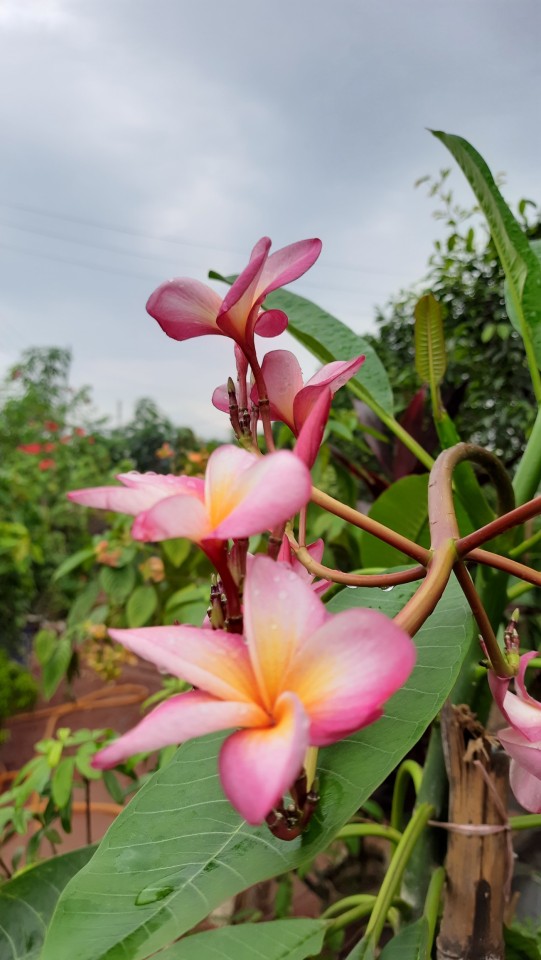
#nature#bangladesh#flowers#rainyday#evening#fuad safat#spring#green#naturephotography#dhaka#Gulshan#bangladesh🇧🇩#wooden rose
6 notes
·
View notes
Text
Caption on post -
Gen Z goes HARD
By @arianajasmine on Instagram.
Link to post.
#breking news#news updates#news update#news around the world#world news#bangladesh news#bangladesh now#bangladesh updates#🇧🇩#students for justice#students for justice in palestine#student protests#what the media won't show#what the western media doesn't show#bangladesh government#no one is free until we are all free#no justice no peace#palestine#free palestine#gaza#free gaza#free palestine 🇵🇸#journalist#from the river to the sea palestine will be free#from the river to the sea 🇵🇸#journalism#end genocide#journaling#journal#journalists
29 notes
·
View notes
Text

"Khan Was a Visionary Who Transformed Skyscrapers into Sky Cities While Staying Firmly Grounded in the Fundamentals of Engineering."
— Mark Sarkisian


#Structural Engineers#Notable Structural Engineer#The Einstein of Structural Engineering#Fazlur Rahman Khan#Bangladesh 🇧🇩#Pakistan 🇵🇰#Calcutta#Dhaka#Karachi#Government of Pakistan Scholarship#East Pakistan 🇵🇰 (Now Bangladesh 🇧🇩)#West Pakistan 🇵🇰#Jeddah Saudi Arabia 🇸🇦
0 notes
Photo
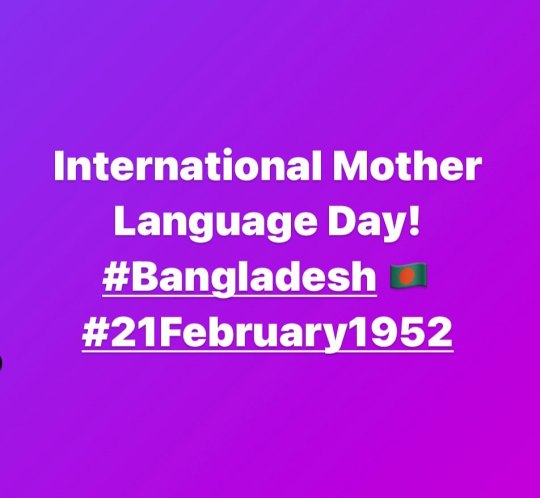
International Mother Language Day! Bangladesh 🇧🇩 21 February 1952 #Bangladesh #Bangladesh🇧🇩 #21february1952 #InternationalMotherDay https://www.instagram.com/p/Co7ABRiMJa7/?igshid=NGJjMDIxMWI=
2 notes
·
View notes
Text
From Rangamati, Bangladesh.
Find More at:
https://sayeedbm.com
0 notes
Video
youtube
Comp 1
#youtube#🌏✈️ Study in New Zealand from Bangladesh! | Scholarships IELTS Requirements & More! 🇧🇩🇳🇿 Are you a student from Bangladesh dreaming of
0 notes
Text
#��A new beginning for Bangladesh#embracing progress#innovation#and unity for a brighter future. 🇧🇩✨ NewBeginning Bangladesh
0 notes
Text
youtube
Bhalobasha Diya Morey | Motiur R Taj | Samsul Zaki Shopon | Tanpura Bangla | Latest Bangla Music Video | London, UK
Motiur R Taj | Sazzad Hossain | Piyas Barua | Anup Kumar Chakraborty | Dewan Haque | Milon Biswas | Shibly Hasan | Pretom SAha
#motiurrtaj#tanpurabangla#love#art#london#music#bangladesh#bangla#music video#musicislife#new music#my music#youtube music#pop music#bangla song#bangladesh🇧🇩#bangladeshi#bangla news#uk#ukrart#uk news#newproduction#celebrity news#newsong#trending#trendsetter#viral trends#tiktok trend#tumblr trends#fyp
0 notes